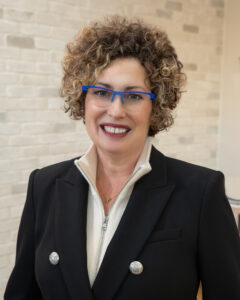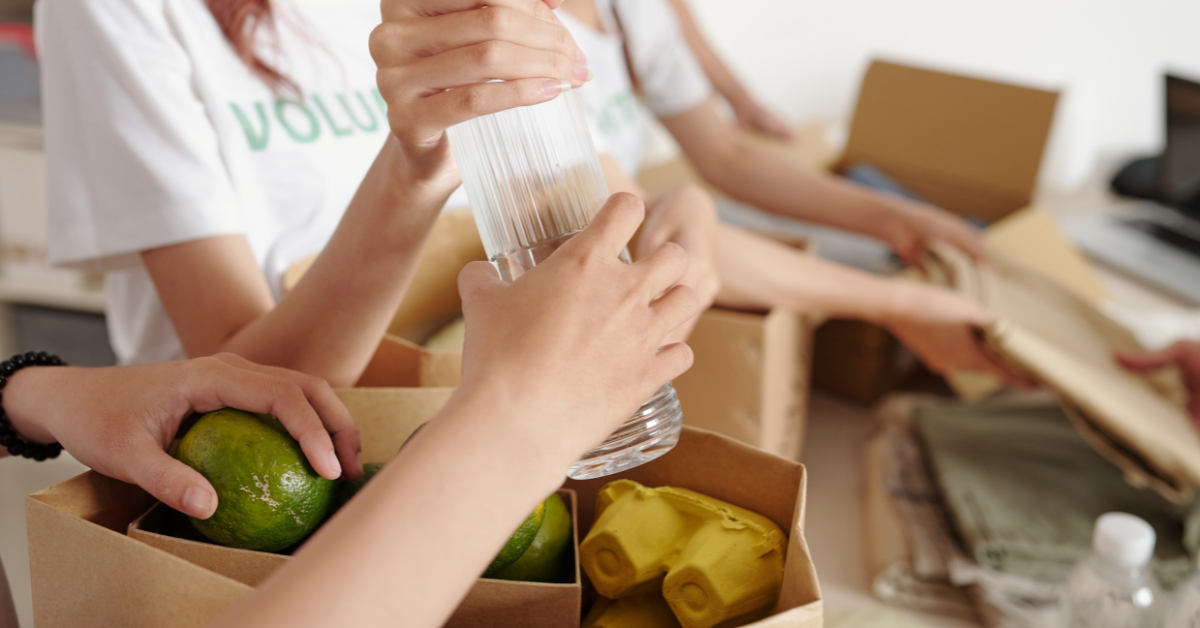 Written by Missy Gale, CFRE (Certified Fund-Raising Executive), M. Gale & Associates
Written by Missy Gale, CFRE (Certified Fund-Raising Executive), M. Gale & Associates
In November, Americans celebrate Thanksgiving by expressing gratitude for a bountiful harvest and by giving thanks for family and community. This year, I hope our expression of gratitude is more than a good feeling, because it is an opportunity to act by being generous through the work of nonprofit organizations.
There is a natural correlation between gratefulness and generosity. When people are grateful for their own bounty, no matter what the size, they respond by giving or sharing with others.
Last year, Americans gave $499.33 billion to nonprofits, according to Giving USA, The Annual Report on Philanthropy.
There’s no doubt that Americans are generous through their acts of volunteering, giving formally to nonprofit organizations or by giving informally to help family, friends, and people in their community in times of need. A recent study, Generosity Trends and Impacts: Before and During the Covid-19 Pandemic in the USA tracked the behavior of formal volunteering, formal giving, informal giving and volunteering, and the trajectory of behavioral change across age, gender, education, income, and activity.
Americans conducting informal giving by donating directly to people in need through platforms like GoFundMe has increased among younger, educated donors. Additionally, marginalized communities continue a long history of generous informal giving to one another.
Yet too many people seem unaware of who our nonprofits are, the work they are accomplishing, and how to truly become involved with them beyond a yearly food line service.
In my conversations with friends and acquaintances (specifically, people who work with for-profit companies and are unaware of the local and international impact of nonprofit organizations), I am always astounded about how little they tend to believe the sector can do. All of us benefit from the work of the nonprofit organizations in our communities. Going to a hospital, museum, zoo, public or private school, park, counseling center, or seeking aid for food or shelter are just a few examples of where we encounter and engage in the work of nonprofit organizations.
2023 has been a devastating year for people worldwide. The war in Ukraine rages on. Terrorism has caused unthinkable suffering for innocent families in Israel and Palestine. The economy worldwide has not bounced back since the pandemic, affecting the poor and middle class in America and everywhere else. In these tragic times, it is easy to feel hopeless and retreat rather than act. Or worse, concerns over being caught up in the political banter of taking sides leaves people feeling paralyzed and unproductive.
Darren Walker, president of the Ford Foundation, recently wrote this excerpt in a letter titled Holding Fast to Our Shared Humanity:
“For me, one pressing question is: How can philanthropy make a difference?
I believe, especially in moments like these, that philanthropy must turn toward the pain and peril, not away from it. We must act with urgency and agility, in a way that catalyzes the good work of others. And at the Ford Foundation, we are proud to provide grants to both Jewish- and Palestinian-led efforts—because the long road to relief, to rebuilding, to reconciliation of any kind begins with both peoples.”
 Why is this topic on my mind as we begin our American season of Thanksgiving? Because I believe now is the time for nonprofits to mount a tremendously large public relations campaign to wake the public up and convince them to get involved.
Why is this topic on my mind as we begin our American season of Thanksgiving? Because I believe now is the time for nonprofits to mount a tremendously large public relations campaign to wake the public up and convince them to get involved.
In reporting international news about wars or other tragedies, the media is focused on the actions the U.S. will take from a diplomatic or military stance. These messages feed on a public becoming more outraged, polarized, and hopeless. In doing this, we are overlooking or even minimizing the impact our nonprofit organizations make. They have organized quickly to disperse aid and advocate for the necessary assistance to help a growing number of homeless, hungry, and displaced people.
Nonprofit organizations, whether small or large, are most often the stopgap when tragedies occur.
They work closely with communities and governments to form bridges and have the relationships necessary to act quickly in times of need. These relationships can help solve issues and, at times, avert additional crises. Their employees and volunteers work tirelessly with little recognition because they know how important they are to this work, and they do not relent.
For those of us who have dedicated our careers to working in and with nonprofit organizations, I am preaching to the choir. However, we can all be a part of helping increase generosity in America and worldwide. As we dine on turkey and dressing this year, let’s talk with family and friends about gratefulness and generosity in terms of taking action, demonstrating how we and they can be contributors to a solution rather than standing by.


